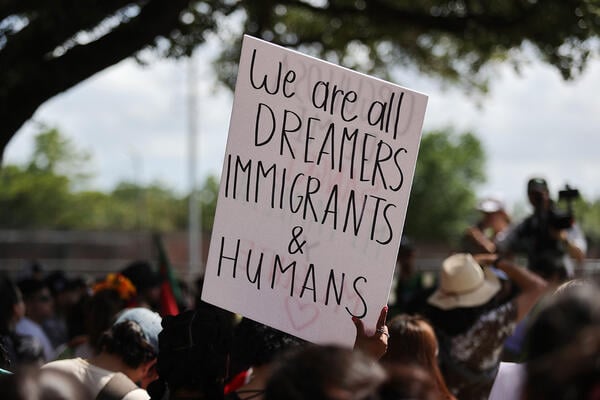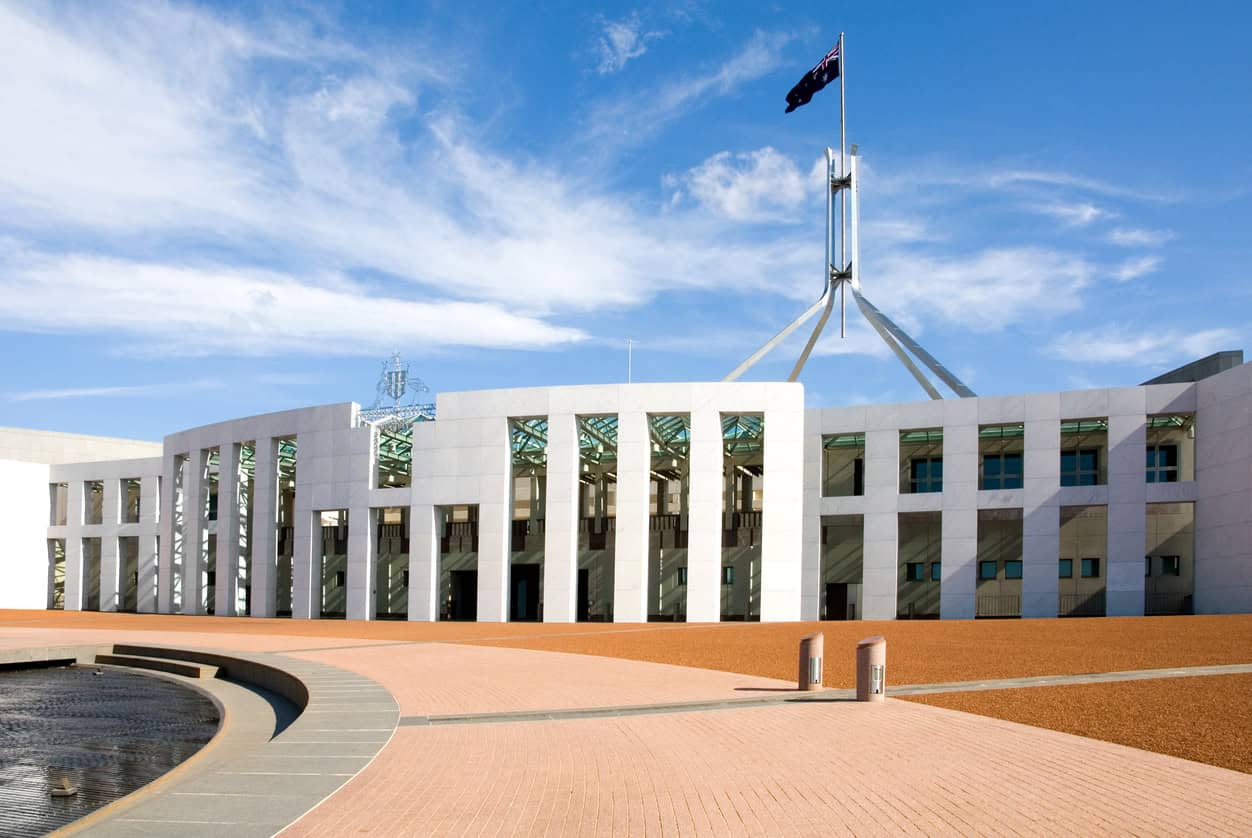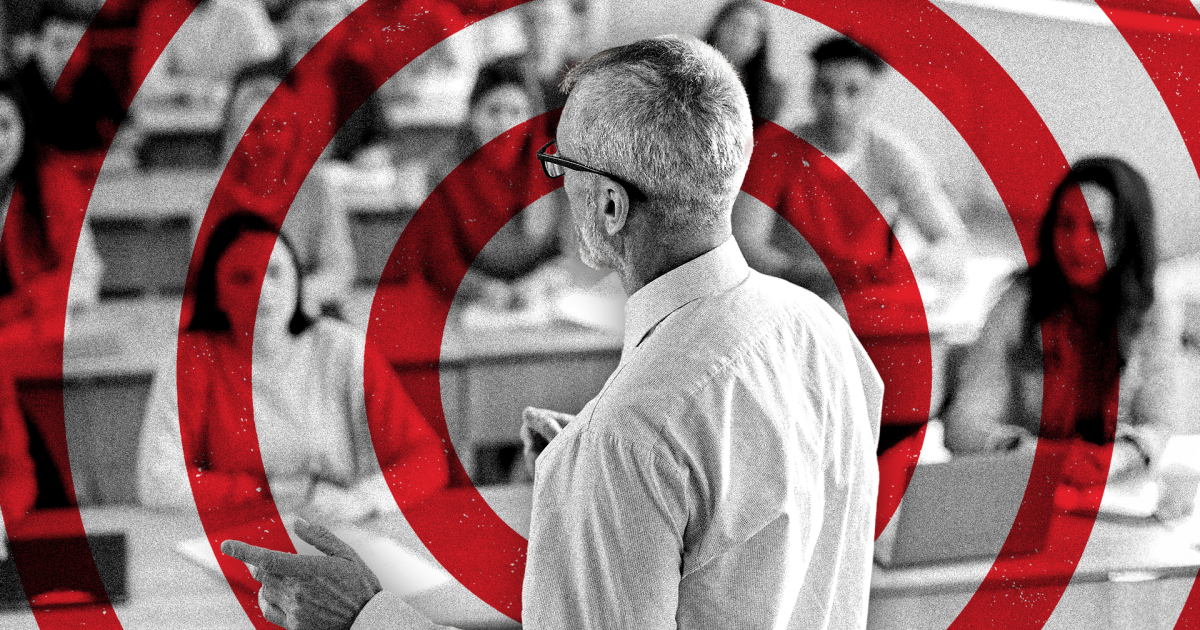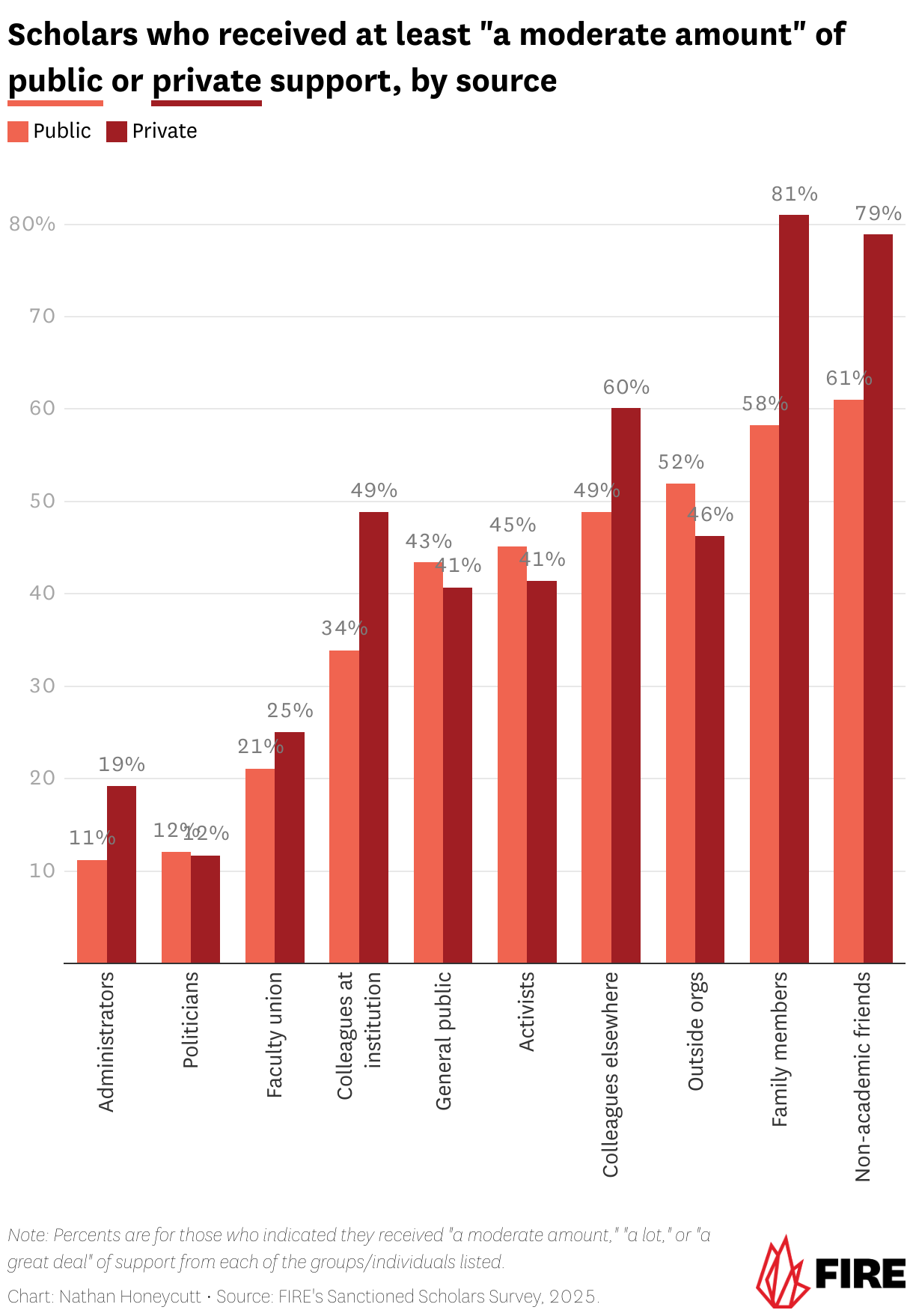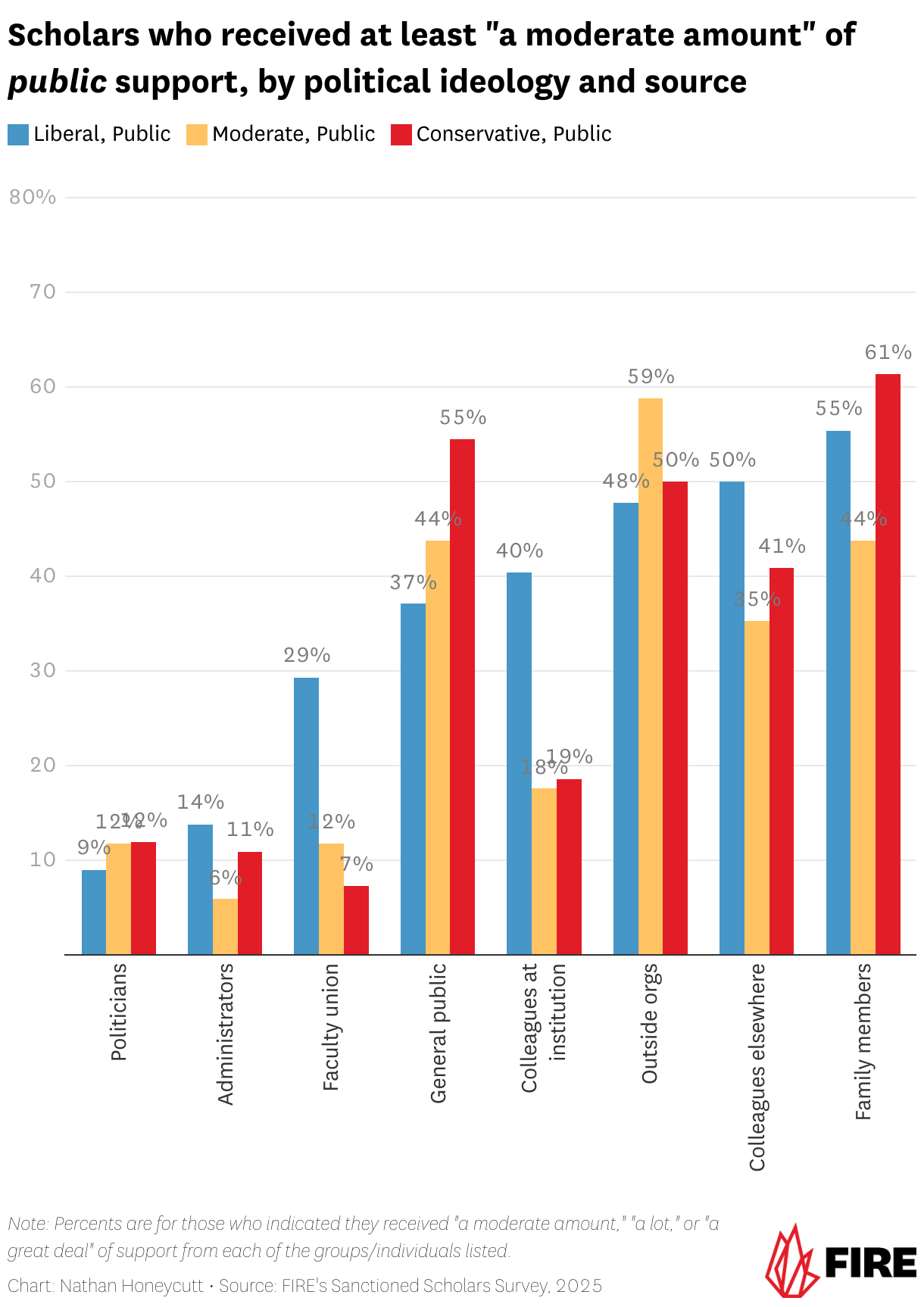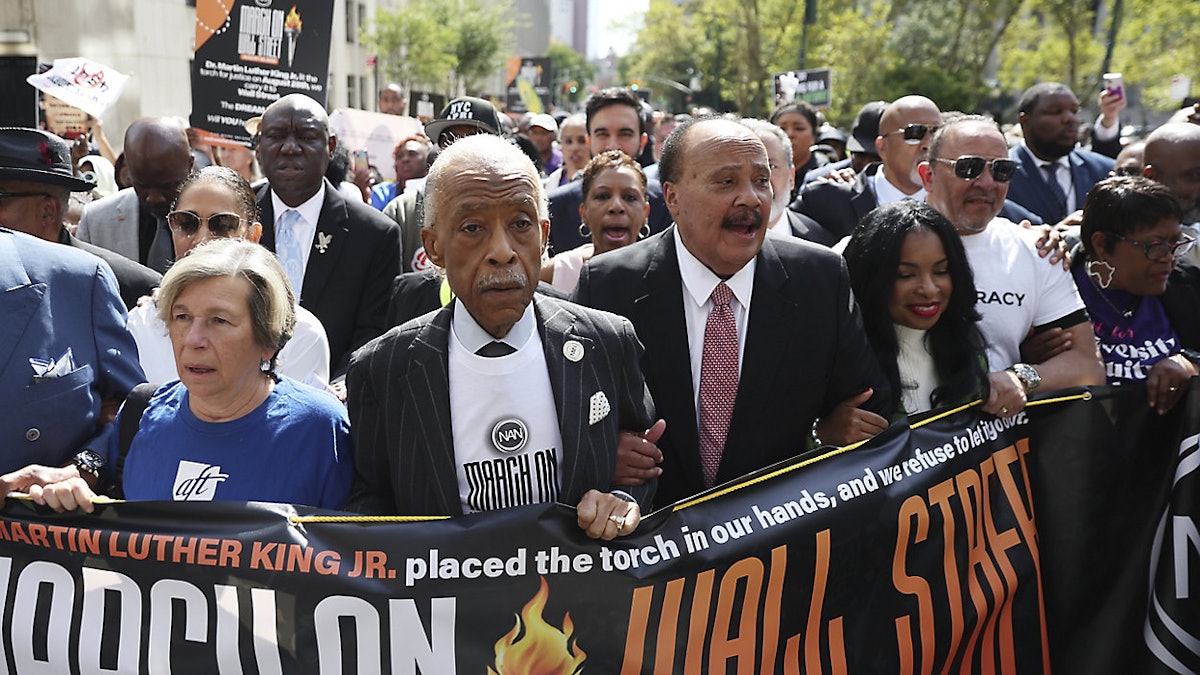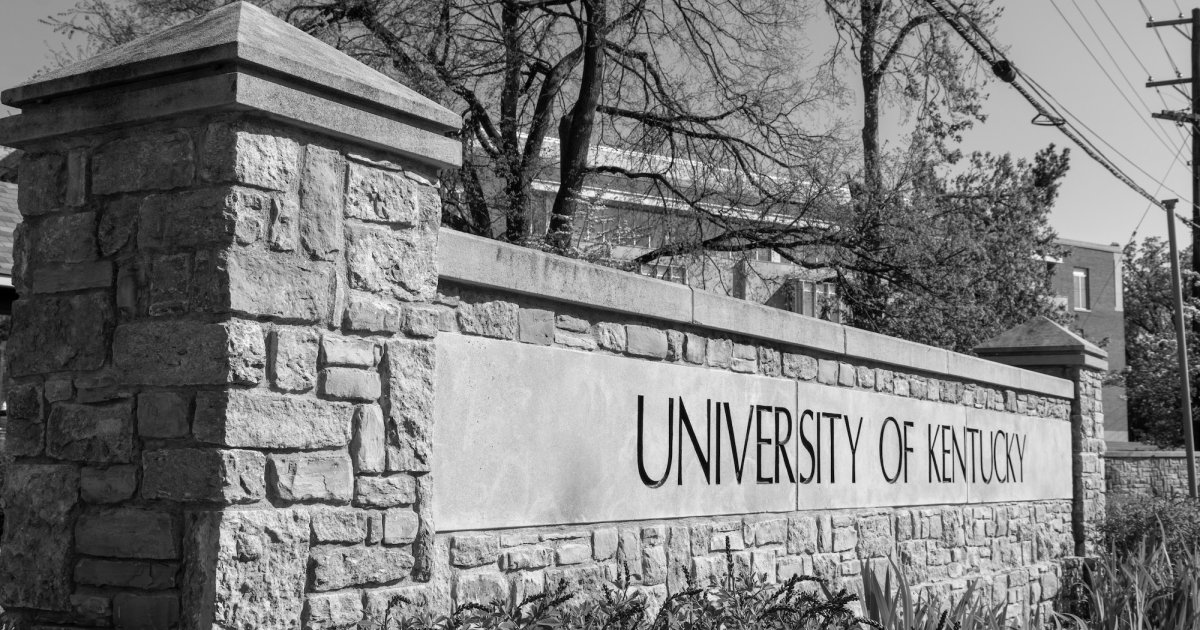Higher education continues to grapple with its complicated reputational issues.
There’s probably never been a period of history in the UK when higher education enjoyed an uncomplicated relationship with the public and policymakers. From “elite to mass” there’s always been a debate about who should go and what universities’ public contribution should be.
But the current era does feel especially thorny, navigating populist politics, geopolitical uncertainty and, paradoxically, demand for higher education at a scale and diversity that is genuinely hard to satisfy.
In June, The Venn brought together leaders from across UK higher education to grapple with the complexities of the sector’s reputation – including an “unconference” exploration of a set of particularly thorny problems. Here, some of the convenors of those conversations consider the reputational and public impact questions that are occupying them and put forward some suggestions for building capacity in the sector to “defend and celebrate” the value higher education creates.
How can universities and government find the space and time to consider the scale and impact of impending demographic, technological and social change?
Joan Concannon, director of external relations, University of York
The UK university sector faces critical challenges driven by four interdependent forces, necessitating urgent collaborative action between the sector and government to prevent adverse impacts on future economic growth and social inclusion. The higher education sector, a significant export revenue generator and innovation instigator, is currently experiencing financial instability that will only worsen without system level evaluation.
Firstly, projections for the next two decades consistently show an increasing demand for skilled and graduate labor in the UK. This growth stems from both replacing existing workers and expanding graduate professions across public and private sectors. Data from Jisc, for instance, indicates substantial growth in UK labor market demand between 2020 and 2035, with the most significant net growth in roles requiring graduate-level qualifications. The UK already faces longstanding shortages in areas like engineering and health and social care.
Secondly, a major misalignment exists between the skills projected as necessary by the Industrial Strategy, particularly in eight key Industrial Strategy areas, and current student enrollment in those fields. Forthcoming research from University of York and Public First, supported by QS, aims to quantify this mismatch, highlighting a national skills gap that threatens the UK’s ability to capitalise on future economic opportunities in key industrial areas.
Thirdly, demographic shifts are leading to a projected decline in the overall supply of UK home undergraduates. HEPI forecasts a potential drop of approximately 7 per cent between 2030 and 2035, with an even steeper decline of up to 20 per cent by 2040. While a potential rise in demand for retraining from older adults in the labor market, exacerbated by generative AI and technological advancements, could partially offset this, the current HE funding model appears ill-equipped to handle these profound demographic and technological shifts. The UK also invests less in training compared to many other advanced economies, further complicating the situation.
Finally, widespread financial constraints within the university sector are forcing institutions to close courses and rationalise subjects to cut costs. As universities undertake these actions independently, a significant risk arises: neighbouring institutions often make similar changes, leading to an aggregate loss of supply in crucial areas. This inefficiency could result in the regional or even national closure of, or loss of access to, key subject areas for undergraduate study, further exacerbating skills shortages.
Collectively, these four forces are compelling the UK university sector to engage in individual financial “right-sizing” due to budgetary pressures and forthcoming demographic dips in home students. This reactive approach risks stifling economic growth ambitions by failing to adequately supply the high-level graduate skills demanded by the current economy, let alone the future needs of the IS-8 frontier subsectors. Therefore, a major National Commission involving HE, government, and employers is urgently needed to define what the UK requires from its HE sector to achieve economic and social advancement, with this process starting immediately to preempt further turbulence from demographic and technological changes.
How should universities respond when the political winds shift?
Rachel Mills, senior vice president academic, King’s College London
The sector is increasingly exposed to fast changing policy pressure that is getting harder to predict. It is vital we consider how to assert our public value with confidence rather than simply adapt reactively to halt declines in longstanding contributions to society and communities.
Universities need to reconnect purposefully with the wider public, not just the politicians, especially voters who may not perceive the direct benefits of higher education. Campuses could be more open and porous, inviting local communities into our spaces, and seeking out groups who don’t normally engage with us. Building these bridges can renew understanding and support, essential in turbulent times.
We could also be much clearer and more unified in our advocacy, instead of fragmented sector voices. Participants argued for better coordination, perhaps even nominating a single strong advocate or developing sector-wide mechanisms for shaping policy. Acknowledging and addressing our sometimes “flabby inefficiency” through better organisational cohesion will make us more potent in policy debates.
Importantly, we must always foreground the opportunities universities create, from widening access and advancing social mobility to facilitating economic growth. Reinforcing this message and keeping our communication simple and relatable are essential, especially as complex arguments risk being lost amid hostile narratives.
There is a tension between seeking partnership with government – aligning with priorities like growth – and standing firm on our mission, even if that risks conflict. It’s about strategic balance, not binary choices, but universities do need to be proactive: setting the agenda, identifying solutions, and ensuring that we are heard in national conversations.
Ultimately, the sector must renew local and national engagement, strengthen collective advocacy, and keep messages focused. If we do so, UK universities can remain resilient, relevant, and able to shape a positive future, no matter which way the political winds blow.
Why don’t they like us? How universities can be more effective storytellers with the public
Rachel Sandison, Vice Principal (External Relations) and Deputy Vice Chancellor (External Engagement), University of Glasgow
The question “Why don’t they like us?” may sound provocative, but it captures a growing unease within the higher education sector. Universities, long seen as bastions of knowledge and progress, increasingly find themselves misunderstood, mistrusted, or even resented by segments of the public, and this is a predicament faced not just by the sector here in the UK but around the world.
This disconnect is not just a reputational issue; it is a strategic one. In an era of political polarisation, economic uncertainty, and rapid technological change, universities must reassert their relevance and value. That starts with better storytelling.
We are organisations that often speak in metrics – research outputs, rankings, graduate outcomes – but these do not always resonate with the public’s lived experience. The sector tends to communicate “at” people, not “with” them. There is a tendency to assume that the value of higher education is self-evident, when in fact, it needs to be continually demonstrated in ways that are real and relevant to the publics that we serve.
This also means we need to do more to avoid echo chambers. To make our case requires listening to, but also engaging with, harder to reach audiences, including those who are not just apathetic but vociferously anti-academy. We have to tell stories that are local, relatable, and emotionally resonant. In essence, we must tension impact with relevance; it is not enough to simply highlight groundbreaking research, we must show how it improves lives.
This also requires third party advocacy. Our stories can have greater traction and cut-through if they are told by those who have been positively impacted. As a result, we need to think about how we can best galvanise business leaders, our alumni community, city stakeholders and, most importantly, our own student and colleague community.
To do this we need to:
1. Invest in narrative capacity: Communications teams should be empowered not just to promote but to listen, curate, and co-create stories with diverse voices. We must also be intentional about content, channel, language and tone of voice.
2. Humanise impact: Move beyond abstract benefits to showcase real people – students, researchers, community members – whose lives are changed by university work.
3. Engage consistently, not just in crisis: Trust is built over time. Universities must be present in public discourse not only when defending themselves but when celebrating shared successes.
Ultimately, storytelling is not a soft skill, it is a strategic imperative. If universities want to be seen as essential, they must speak in ways that are accessible, authentic, and aligned with the public’s hopes and concerns.
How can universities strengthen relationships with local residents in their communities?
James Coe, associate editor, Wonkhe
Universities have never asked permission for what they do. They radically change the populations of their towns and cities, they build enormous housing that local people rarely have a say in, and they skew economies toward a student market. The only reason they can do what they do is because of an implicit bargain which says in return for supporting our success we will make the local economy stronger, create good jobs, and make places better to live in.
In making this implicit social contract real universities have launched compelling GVA reports, shown their impact through their civic university agreements, and composed the crispest press releases on exports, access, and skills. All of these measures are impactful but ultimately they are not stories for local residents. They are stories for policy makers and politicians already interested in what universities do.
The challenge in making what universities do feel real is obviously about intent. Fundamentally, is what a university is doing actually make a place better. However, it is also about communicating that intent in a way that reaches local audiences.
A communications strategy which is about leaders meeting residents where they are. Sending the vice chancellor to the local residents association, making representations at planning committees, talking on the local radio about issues of the day so they get a flavour of the university leadership, and working with civic leaders on the events, festivals, cultural celebrations, and the things that bring communities together, to remind people that an education institution in on their doorstep.
In the end most people do not care about the impact their university has on the country. They care about the impact it has on their lives, their family, and their place. Do not tell them about the university but tell them what it is doing for them in the places they are already listening. This moves the social contract from a fragile agreement to a rich dialogue deepened by all of those who understand its purpose.
Following the science: just how much do universities and government really want research impacting policy?
Sarah Chaytor, Director of Research Strategy & Policy, University College London
Universities are facing increasing pressure in terms of public perceptions of their value. Simply restating our usual “lines” on economic growth, innovation, and the graduate premium is not going to cut it, especially with the government making it clear that it wants universities to demonstrate explicitly and tangible value for citizens.
An often-overlooked but crucial way in which universities can deliver societal contributions is through academic-policy engagement – connecting research to policymakers in order to inform public policy development and decisions. As policy challenges faced by government across the UK become increasingly complex, access to high-quality evidence and external expertise becomes more important for a policy system which faces ever-greater burdens.
For many universities, policy engagement is seen in terms of a public affairs agenda which is about advancing individual institutional interest, rather than creating institutional capacity to support evidence use. Operational and cultural barriers, ranging from funding and contractual processes which are insufficiently agile to respond to a faster-paced policy environment to a lack of incentives to spend time on academic-policy engagement rather than grant applications or research publications, persist. Alongside this, uncertain and unpredictable outcomes require a “loss leader” approach – investing time and resource in advance of the “payoff” – and a strong commitment to supporting activity on the basis of public good rather than institutional ROI.
Academic-policy engagement seems to function on a model that requires a willingness to keep turning the kaleidoscope to adjust the picture and find sufficient levers and incentives to justify activity. At different points in time there may be incentives arising from the public policy system (eg government department areas of research interest or parliamentary thematic research leads) or from research funders (over the past five years, I estimate we’ve seen cumulative funding of at least £100 million for policy-focused research activities such as UKRI policy fellowships, ESRC Local Policy Innovation Partnerships, NIHR Policy Research Units and Health Determinant Research Collaborations, and the Research England Policy Support Fund). But there has not yet been a breakthrough intervention which has established academic-policy engagement as core to university missions.
So what could be done to shift the dial? There are three possible areas where more action is needed on the part of universities, government and funders:
- Capacity: institutional structures in both universities and government and policy organisations need to better support the mobilisation and use of research knowledge in public policymaking (for example enhancing structures for engagement and rewarding it as part of the day job).
- Capabilities: universities need to recognise and support academic-policy capabilities as part of broader research skills programmes, and work with funders and government around co-creating effective training for academic researchers and policymakers
- Collaboration: universities need to get much better at working together to address policy evidence needs. The necessary expertise for most policy challenges will not be found in only one institution, nor do we look particularly efficient as a sector if individual institutions replicate interactions which could be undertaken collectively
Registration is now open for The Venn 2026 – find out more here.


